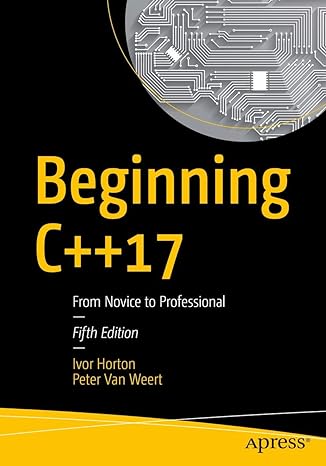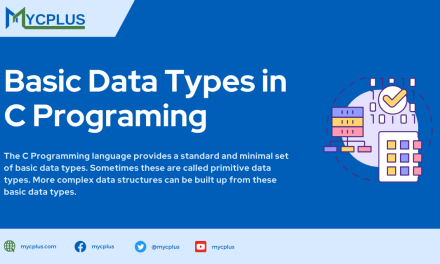In C and C++ programming, #ifndef and #define are preprocessor directives used for conditional compilation. They are typically used together with #endif to include or exclude a block of code from compilation based on whether a certain condition is met.
The #ifndef directive checks if the given token has been #defined earlier in the C code. If the token has not been defined earlier then it includes the code between #ifndef and #else. If no #else is present then code between #ifndef and #endif is included.
The both #ifndef and #define directives are known as header guards or #include guard in C/C++. They are used to prevent multiple declarations of variables and other data types and header files from being included multiple times. The #ifndef also prevents recursive inclusions of header files. Another non-standard preprocessor directive named #pragma once is widely used to force the inclusion of a header file only once.
The syntax of using #ifndef is as below:
In this example, the code between #ifndef MY_HEADER_FILE and #endif will be included only if the identifier MY_HEADER_FILE has not been defined before in the code.
The #ifndef Directive:
- This directive checks if a particular identifier (usually a macro or a symbol) has not been defined previously in the code.
- If the identifier has not been defined, the code following
#ifndefwill be included in the compilation; otherwise, it will be excluded.
The #define Directive:
- This directive is used to define a macro or a symbol in the code.
- In the context of conditional compilation, it is commonly used with
#ifndefto create include guards to prevent header files from being included multiple times.
Use of #ifndef and #define
Here is a rather complete C program to demonstrate the use of #ifndef and #define.
The output of the above C program is:
Current Interest Rate is 8 percent.
C program to show the use of #ifndef and #define
Here is a another C program to demonstrate the use of #ifndef and #define. As INTEREST_RATE is already defined so #ifndef does not execute.
The output of the above program is:
Current Interest Rate is 9 percent.

Master modern programming with Beginning C++17 – your gateway to building powerful, efficient, and future-ready applications!
View on Amazon
The #ifndef and #define are commonly used in C and C++ to ensure that header files are included only once in a translation unit.





